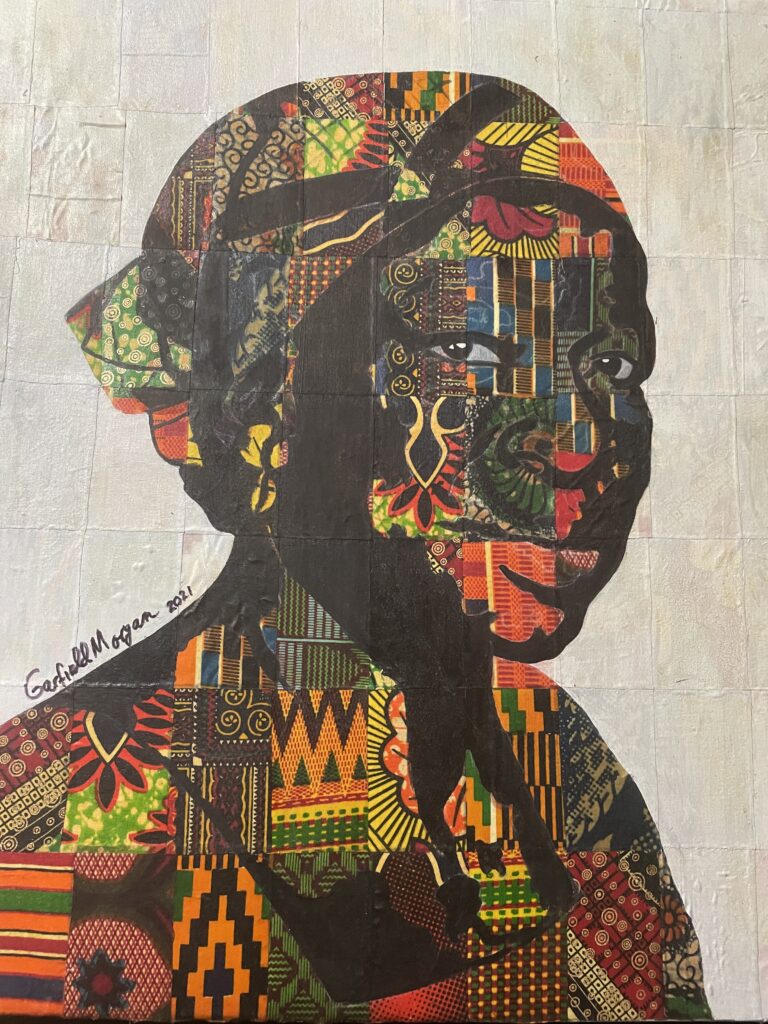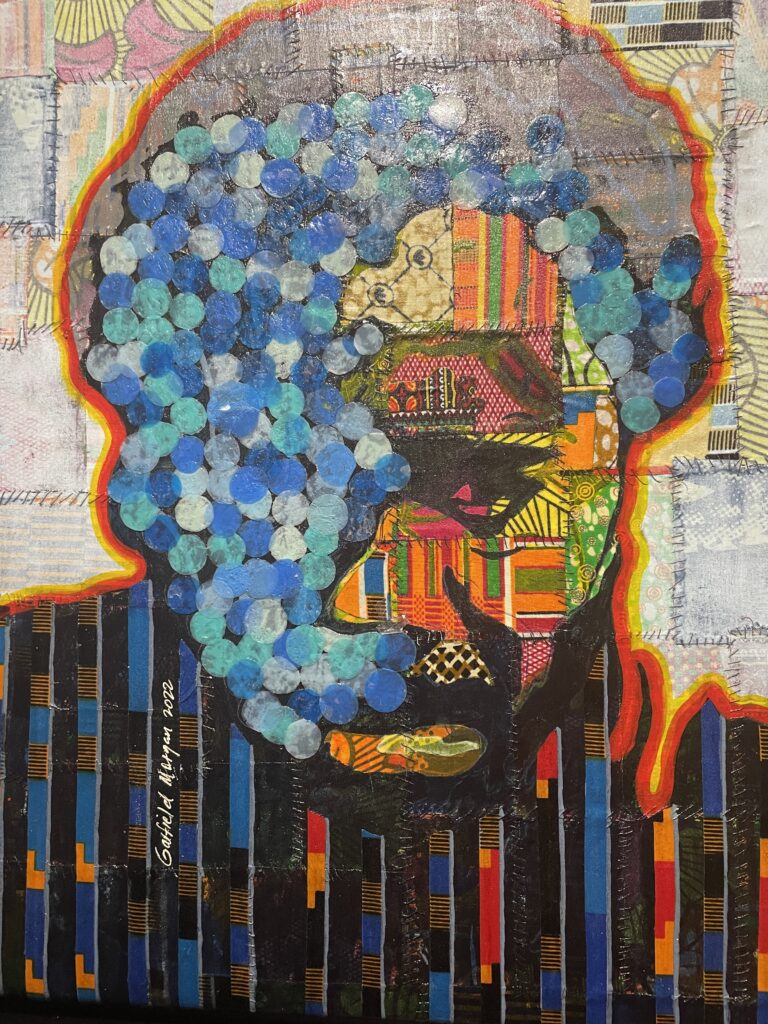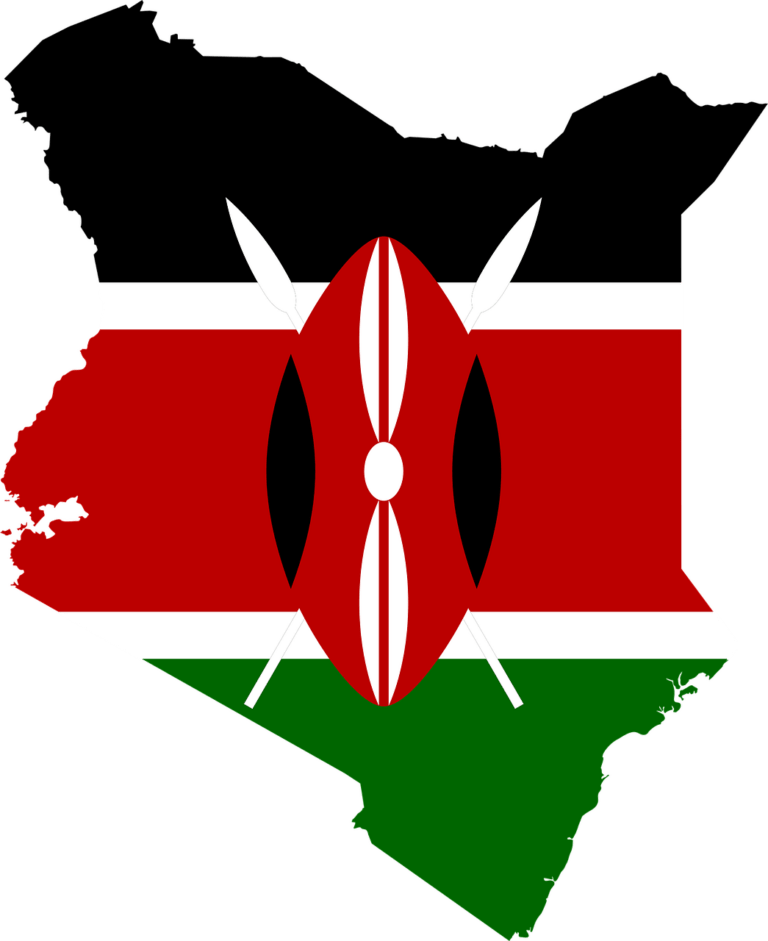Post COVID India and Ghana

Almost two years after the World Health Organization (WHO) declared COVID-19 a pandemic, the world is coming to terms with the disruptions caused by the virus. It might, therefore, make sense to look at the situation prevailing in some areas that have been hard hit. Despite all the gloom and doom that came with COVID, the pandemic is, undeniably, an opportunity for world leaders, in general, to think outside the box and craft novel responses that were previously impossible. It also taught populations how inefficient their political leaders can be in times of crisis and COVID created a new world order where only bold, innovative and problem-solving measures are needed.
The case of India
It would not be an exaggeration to say that the pandemic brought the world to a colossal economic and financial crisis which is likely to have long-term structural repercussions. It has laid bare the fragilities of the global economic and geopolitical order. A careful observation shows that the pandemic came to complete a process that had already started; power equations had already started to change, and the power centre of the global economy had begun to shift to Asia, and the new power of certain economies had to be reckoned with. China and India were playing pivotal roles in world economy and geopolitics. India is one of those countries where the first world and the third world co-exist; the richest and the poorest live in the same country. India’s handling of the COVID-19 pandemic shares striking similarities with that of several African countries, like Ghana.
Failures
Much criticism was raised regarding the way India reacted to the COVID-19 pandemic. Although the authorities told the world that they were doing their best to contain the disease, some incompetence and ill-intentioned gestures were noticed. COVID protocols were trampled over, and political intentions were primordial. Many contend that at the centre of India’s crisis is Prime Minister Narendra Modi. First of all he put in place a COVID-19 task force that, incredibly enough, did not meet for months and his health minister gave false assurance to the public when he declared that India had reached the pandemic’s “endgame” when the crisis was still ravaging populations. Secondly, as infections rose, Mr Modi allowed large gatherings to help his governing party and burnish its nationalist credentials. Then his government approved a Hindu festival with millions of worshipers, which is another “super spreader” move. To crown it all, the Indian leader campaigned in state elections without a mask at rallies of thousands of maskless supporters. Those are not mean comments but, rather, genuine observations made by concerned citizens.
Mr Modi did not exhibit good leadership skills during the pandemic and that certainly contributed to the following pitiful scenes. Overwhelmed by new cases, Indian hospitals could not cope with the demand, and patients in many cities were abandoned to die; a shortage of oxygen and hospital beds left patients scrambling. At a tiny crematorium in a Delhi suburb, where seven funeral pyres were still burning, someone conveyed the despair of the nation in these words: “I have lived here all my life and I pass through this area twice a day. I have never seen so many bodies burning together.” There were certainly frontliners (in this combat against the pandemic) who must be congratulated but there are so many others who created havoc through the “black marketing and other things, people who were creating the crisis” as someone said, before adding: “corona itself is not a crisis. They are making it a crisis”.
Lessons and innovations
Rays of recovery are beginning to emerge in India, at many levels: economic, social and political. The International Monetary Fund (IMF) forecast 9.5 per cent growth in the Indian economy, now that Covid has subsided. At the same time, the world is seeing exponential growth in digital services and infrastructure, from the adoption of large-scale work-from-home arrangements to the use of cloud services and videoconferencing.Many tech leaders have noted that the advancements in digital transformation that were achieved within a couple of months would have normally taken two to three years. These are hopeful signs, but there is still much work to be done.
The Ghanaian Situation
A look at post-COVID Ghana leads to one general remark, very often voiced by many citizens: “the State made money out of the pandemic; the government and its faithfuls made money for themselves.” This is certainly disheartening but explanations support it. At the onset of the pandemic, the Ghanaian Government made laudable, responsible and action-driven gestures: water bills were drastically subsidized to the stage of almost “free water”. The same applied to electricity, and certain parts in the country were (according to some sources) regularly supplied free hot food. Those actions were justified by the fact that Ghana had received assistance, precisely funds and vaccines from the US Government and the WHO. The “COVID Fund” were therefore set up, managed by the Ministry of Finance and the Ministry of Health. But, now, Ghanaians are almost convinced that they are paying for those utilities and other forms of assistance that were made accessible to them, free. The cost of water and electricity is now extremely high, and it keeps increasing. Credible sources state that, just recently, the Ghana Water Company and the Electricity Company of Ghana submitted to the government a proposal for new costs or prices that represent an augmentation of 135 per cent if approved and for these two institutions to function properly, extra-funds are needed. The question that needs to be answered is, “why are extra-funds needed? What was the COVID Fund used for?” These questions are based on the fact the exact amount of cash received as the COVID Fund was never disclosed to the public, and another incongruity is the fact that the Ghanaian Government claims to have purchased some vaccines, and that was not needed, since adequate quantities were donated to Ghana. The mandatory $50 COVID test for passengers departing from or arriving in the country, at the airport in Accra certainly yielded a large sum and the public seem to know nothing about the destination of the cash.
The situation seems to be the same across sub-Saharan Africa. The pandemic was poorly handled in general, and it also became a business venture.
Lessons and innovations
COVID-19 contributed to familiarizing the Ghanaian public with one of their most basic rights, which is to ask for accountability from their leaders, and veiled corruption was detected. The outcome of the request of the Ghanaian masses is yet to be known but what cannot be ignored is that the people cannot be taken for granted anymore. Technology took a giant leap and it is used in all sectors now, from education to healthcare and conferences or meetings. Just like in India, this technological development would have taken a much longer time to be achieved.
Moussa Traoré is Associate Professor at the Department of English of the University of Cape Coast, Ghana.






